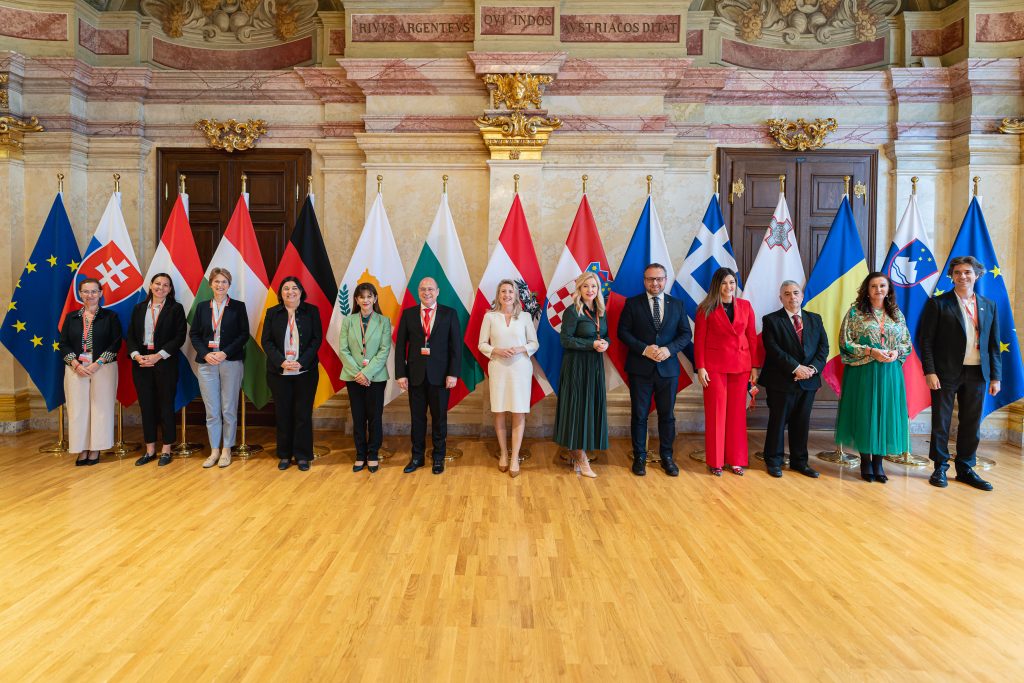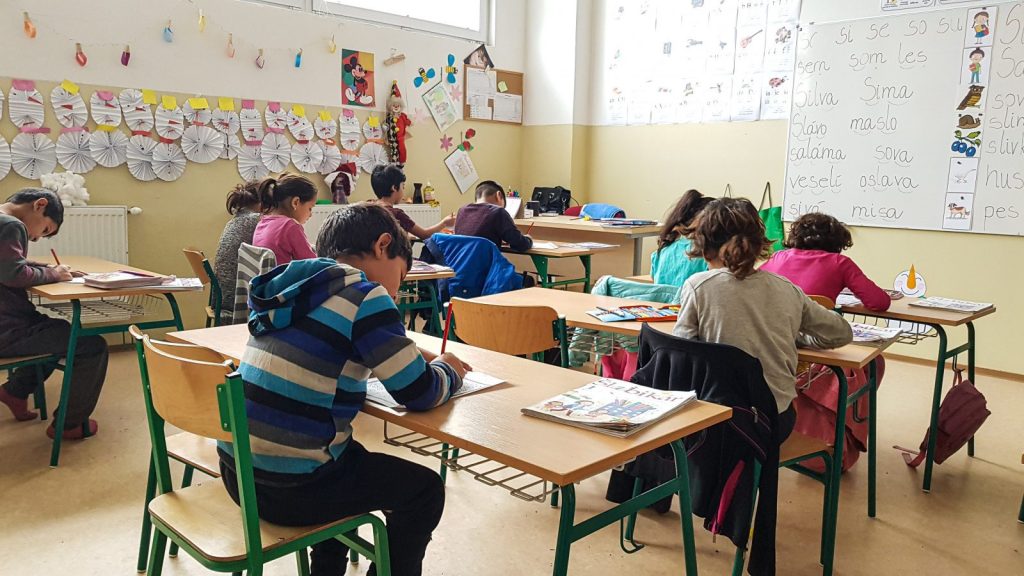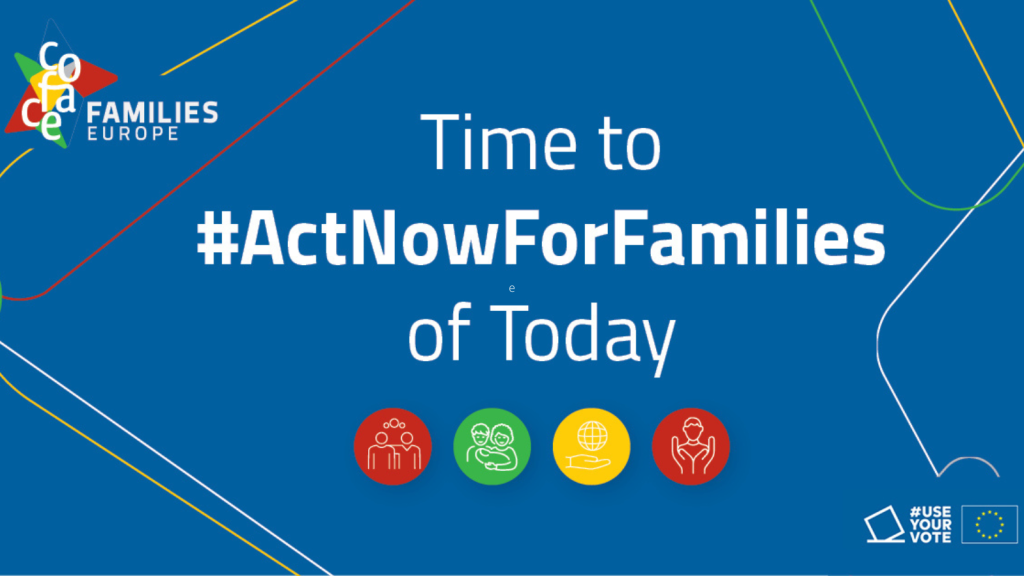To safeguard the right to work-life balance across Member States, in April 2023, the European Commission decided to continue infringement procedures against Belgium Czechia, Ireland, Greece, Spain, France, Croatia, Cyprus, Luxembourg, Austria, and Slovenia by sending them a reasoned opinion for failing to notify national measures fully transposing EU rules establishing rights on work-life balance for parents and carers.
New rights for parents and carers in the EU
The Work-Life Balance Directive is a game-changer for working parents and carers. It makes it easier to balance family and career by setting minimum standards for leave entitlements like paternity, parental, and carers’ leave. It also provides for the right to request flexible working arrangements for parents and carers. These new rules help people develop their careers and family life while improving their overall well-being. Its goal is to improve work-life balance for everyone and make it easier for parents and carers to manage their responsibilities.
The Directive provides the following rights:
-
Paternity leave: Fathers are entitled to at least ten working days of paternity leave around the time of birth of the child. Paternity leave must be compensated at least at the level of sick pay;
-
Parental leave: Each parent is entitled to at least four months of parental leave, of which two months are paid for and are non-transferable. Parents can request to take their leave in a flexible form, either full-time, part-time, or in segments;
-
Carers’ leave: All workers providing personal care or support to a relative or person living in the same household have the right to at least five working days of carers’ leave per year;
-
Flexible Working Arrangements: All working parents with children of up to eight years old and all carers have the right to request reduced working hours, flexible working hours, and flexibility in the place of work.
Commission calls on Member States to comply with these rules
After the Directive was adopted in 2019, Member States had until 2 August 2022 to implement it into their national laws. On 21 September 2022, the Commission sent a letter of formal notice to 19 Member States for failing to communicate measures to transpose this Directive into their national law. After having analysed their replies, the Commission found that the Directive was still not fully transposed in 11 Member States, and therefore decided to take a further step in the infringement procedure by sending a reasoned opinion to Belgium, Czechia, Ireland, Greece, Spain, France, Croatia, Cyprus, Luxembourg, Austria and Slovenia. These Member States now have two months to take the necessary measures to comply with the reasoned opinion. Otherwise, the Commission may decide to refer them to the Court of Justice of the European Union.
Background
The EU has provided a series of legislative acts creating minimum EU rights for citizens to combine work with family responsibilities.
The Work-Life Balance Directive is one of the actions of the European Pillar of Social Rights Action Plan to further implement the principles set out therein. The proposal was adopted on 13 June 2019 and Member States had three years until 2 August 2022 to implement it in national law. The new rules are in addition to the rights under Directive 92/85 on pregnant workers, according to which women have the right to a minimum of 14 weeks of maternity leave with at least two being compulsory. Maternity leave is compensated at least at the national sick pay level.
The Directive goes hand in hand with the European Care Strategy which aims to ensure quality, affordable and accessible care services across the European Union and improve the situation for both care receivers and the people caring for them, professionally or informally.
Read more here.





